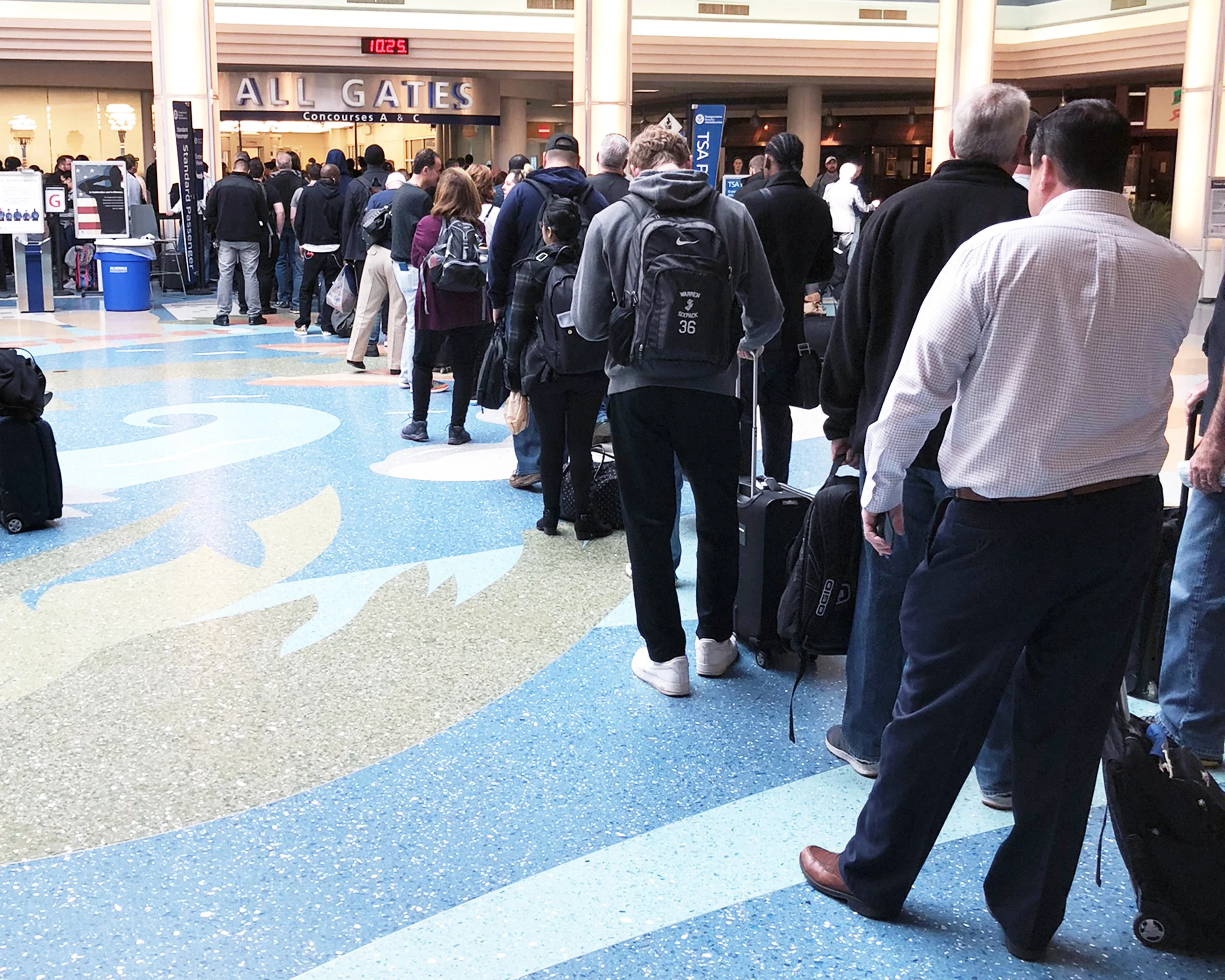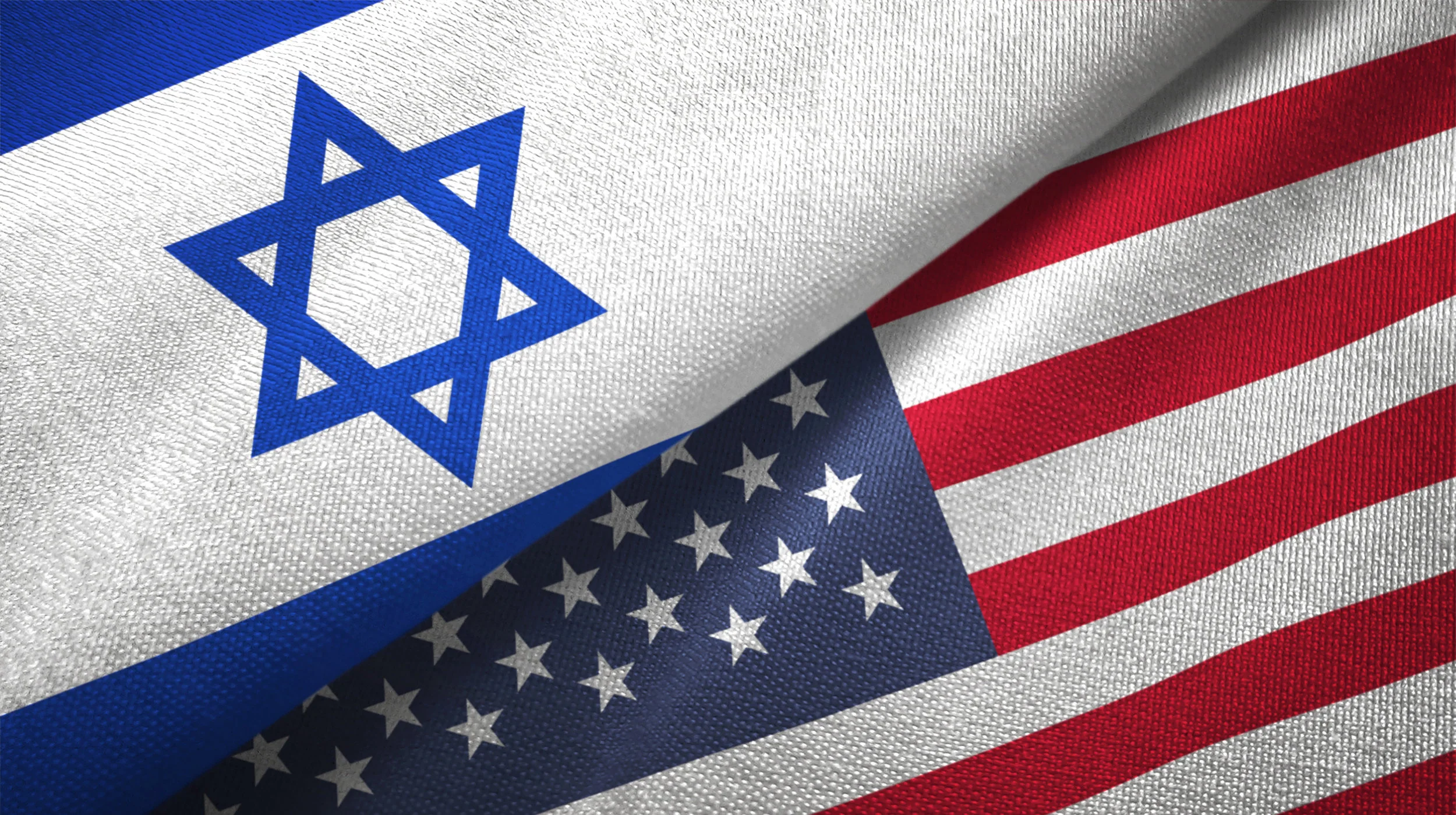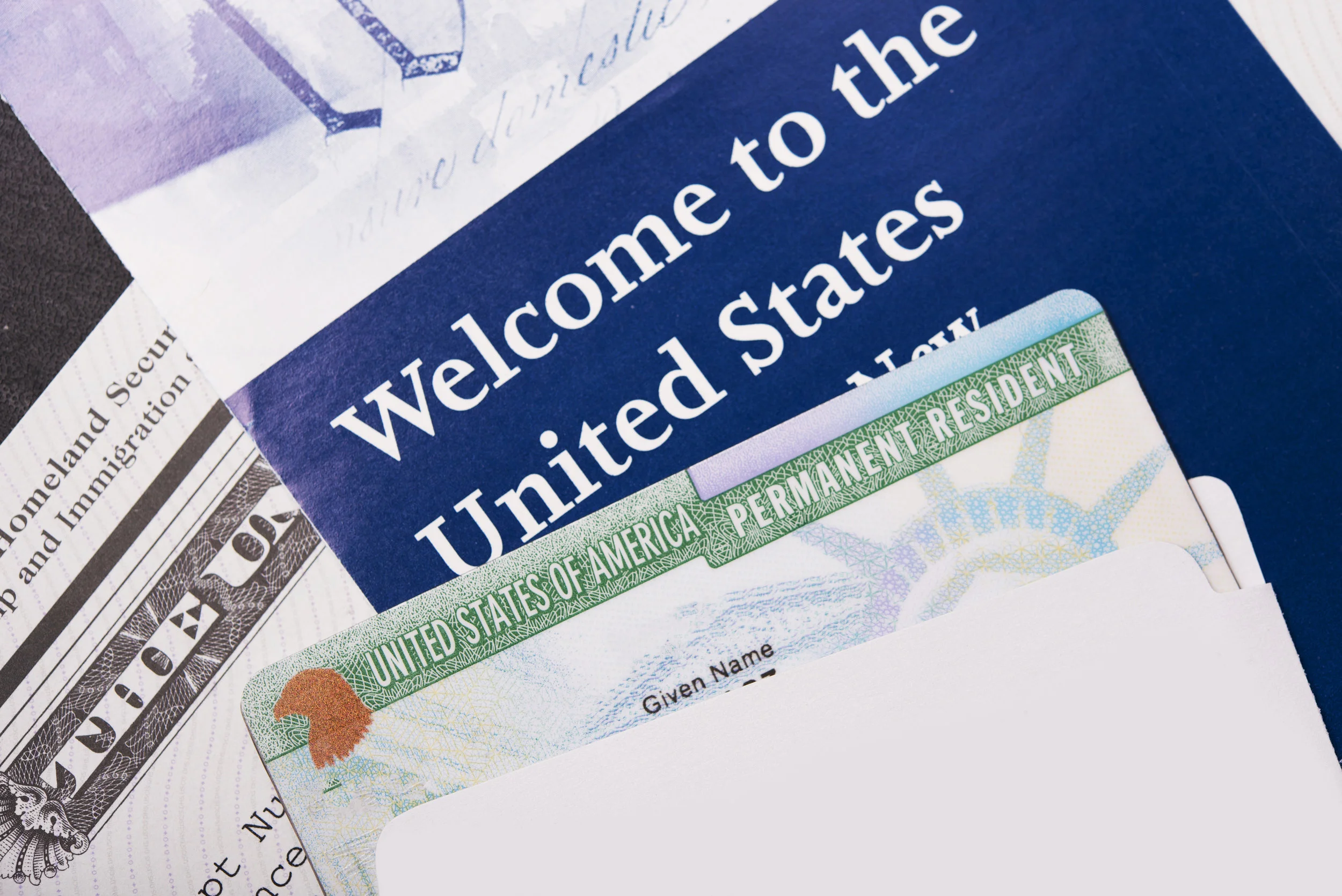President Trump’s newest immigration initiative targets foreign nationals who overstay their visas with a focus on visitors who enter the United States on the B-1/B-2 visa and the Visa Waiver Program. In a memo released on Monday, he has proposed reducing the amount of time foreign nationals are allowed to stay in the United States, requiring additional documentation, and imposing admission bonds that would be refunded upon departure from the U.S.
Read MoreUSCIS has issued policy guidance, clarifying that the use of marijuana or working in the cannabis industry could be a basis for denying naturalization applications, even where such conduct would not be an offense under state law.
Read MoreThe Social Security Administration (SSA) has re-started its practice of issuing “no match” letters to employers this past month. Also known as “Employer Correction Requests,” these letters inform an employer when an employee’s W-2 information such as their name and Social Security do not match the SSA’s records. If employers receive such a notice, they should investigate and take the appropriate corrective action.
Read MoreThe U.S. Embassy in Israel has confirmed that Israeli citizens will be eligible for the E-2 Treaty Investor Visa effective May 1, 2019. This development opens new possibilities for Israel’s robust start-up culture.
Read MoreThe Department of State (DOS) has issued its May 2019 Visa Bulletin. Overall, there was very little movement in most categories this month. EB-1 for most nationals advanced by one month while there was no movement for Chinese and Indian nationals. For the EB-2 category, Chinese nationals advanced by forty-four days while Indian nationals advanced by only three days. Lastly, EB-3 for Chinese nationals moved forward by twenty-one days, while Indian nationals advanced by nine days, and Philippine nationals advanced by three months.
Read MoreIn a strange reversal of long-standing practice, Customs and Border Patrol (“CBP”) has started refusing to adjudicate subsequent L-1 petitions presented by Canadians at certain ports of entry and preclearance locations along the US-Canada border. CBP says that amendment and extension petitions now need to be filed with US Citizenship and Immigration Services (“USCIS”). This new policy affects both individual and blanket L petitions.
Read MoreUSCIS announced yesterday that it received 201,011 H-1B petitions the first week of April, and had reached the 65,000 limit for H-1B regular petitions and the 20,000 limit for the U.S. advanced degree H-1B petitions for fiscal year 2020. Despite the surge in Requests for Evidence, denials, and processing times over the past year, the number of H1B petitions filed this year increased slightly from 199,000 last year. USCIS also announced that, on April 10, it had completed the random lottery for the selection of the 65,000 regular H-1B petitions and 20,000 U.S. advanced degree petitions.
USCIS announced today that premium processing will be offered in a “two-phased approach” for H-1B petitions filed in this year’s lottery. In the first phase, which will begin on April 1, 2019, USCIS will accept requests for premium processing for H-1B petitions filed with a request to change status. In the second phase, which is expected to begin in June, USCIS will accept requests for premium processing for H-1B petitions that were filed with a request for consular notification.
Read MoreThe Department of State (DOS) has issued its April 2019 Visa Bulletin. Overall, there was very little movement in most categories this month. EB-1 for most nationals advanced by one month while there was no movement for Chinese and Indian nationals. For the EB-2 category, Chinese nationals advanced by three months while Indian nationals advanced by only three days. Lastly, EB-3 for Chinese nationals moved forward by twenty-four days, while Indian nationals advanced by one month, and Philippine nationals advanced by three months.
Read MoreThe Department of Homeland Security has extended Temporary Protected Status (“TPS”) for nationals of El Salvador, Haiti, Nicaragua, and Sudan until January 2, 2020, following a federal court order that temporarily prevents DHS from terminating TPS for nationals of these countries.
Read More









